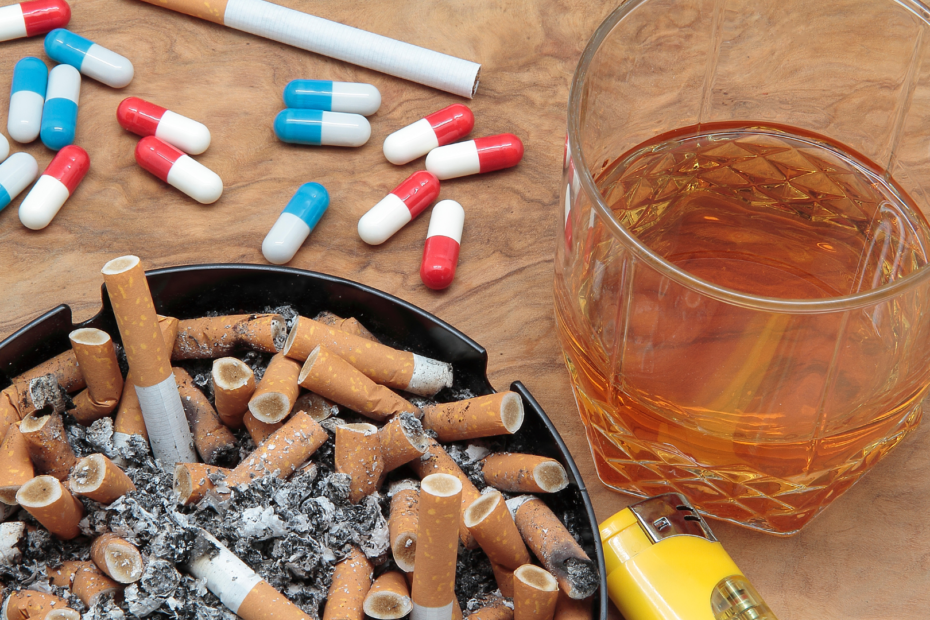Addiction is a multifaceted phenomenon that extends beyond a singular substance, encompassing a spectrum of dependencies that individuals may grapple with. Whether it’s alcohol, sex, or drugs, the core characteristics of addiction remain consistent – a compulsive engagement despite negative consequences and an inability to control or limit the behavior.
Alcohol addiction, commonly known as alcoholism, is a chronic and progressive condition characterized by a compulsive and uncontrollable urge to consume alcohol despite its detrimental consequences. This dependency leads to profound effects on both physical and mental health. Physically, excessive alcohol consumption can result in liver damage, cardiovascular issues, weakened immune function, and an increased risk of accidents and injuries. Mentally, alcoholism often contributes to cognitive impairment, mood disorders, and a heightened susceptibility to mental health issues such as depression and anxiety. The pervasive impact extends to relationships, employment, and overall quality of life. Recognizing alcoholism involves understanding its multifaceted consequences, and treatment typically involves a combination of medical intervention, counseling, and support to address the complexities of both the physical and psychological aspects of the addiction.
Sex addiction manifests through compulsive behaviors that profoundly impact relationships and daily functioning. The repercussions of this addiction extend beyond the individuals directly affected, reaching into the lives of friends and family members. Those close to someone grappling with sex addiction may find themselves equally in need of support. In this regard, sanon meetings and their counterparts can offer respite for friends and family to share experiences and find guidance in navigating the challenges associated with supporting their loved ones. Acknowledging the broader ripple effects of sex addiction underscores the significance of comprehensive support networks and collaborative efforts to address the intricacies of this issue. Such initiatives aim to foster healing not only for individuals directly affected but also for their interconnected relationships, emphasizing a holistic approach to recovery and well-being.
Drug addiction is a pervasive and complex disorder encompassing various substances, characterized by a chronic and relapsing nature. Individuals grappling with drug addiction find their lives increasingly centered around obtaining and using substances, leading to a detrimental impact on their overall well-being. The chronicity of drug addiction implies a prolonged struggle, often marked by cycles of use, attempts at cessation, and relapse. This condition not only poses immediate health risks, such as overdose and physical harm, but also has far-reaching consequences on mental health, relationships, and societal functioning. Breaking free from drug addiction typically requires a comprehensive approach, involving medical intervention, behavioral therapies, and support networks to address the intricate interplay of physical dependence and psychological factors inherent in the addictive cycle.
The diverse nature of addiction underscores the importance of recognizing the range of substances and behaviors that can become problematic for individuals. Each form of addiction necessitates tailored approaches to treatment, acknowledging the unique challenges and underlying factors associated with the specific addictive behavior. Comprehensive interventions encompass medical, psychological, and social components to address the complexities of addiction, facilitating recovery and promoting holistic well-being.
If you’ve ever been addicted to something, or you’re currently facing addiction, you know how tough it is to break free. Perhaps you’ve gone through the process multiple times, trying to prevent yourself from sinking deeper into your existing habit. However, with withdrawal symptoms and relapses, it can be incredibly challenging to truly shake free and embark on the path to addiction treatment and recovery.
But don’t lose hope. If you’re struggling with drug addiction, for example, seeking professional help at a facility like one of these Luxury Drug Rehab treatment centers can help you get clean and regain control of your life. These exclusive facilities can offer a supportive and comfortable environment tailored to individuals dealing with drug addiction. Additionally, there are several support groups and resources available for you, providing valuable assistance to complement your journey towards recovery.
Keep in mind that these are just some of the treatments that you can consider to get better, and that there are several other factors to be considered. Which is why today, we will discuss how long it takes to break an addiction and explore the factors that play into addiction recovery.

Getting The Right Help
Whether you are currently dealing with drug addiction or you are going through the recovery process, there are support groups out there, online and in-person, that can help you with whatever stage you are at.
It’s essential to remember that addiction affects individuals differently, and seeking professional help is crucial. Whether you are dealing with alcohol abuse or drug abuse, reaching out to treatment facilities like the Iboga treatment center can help you get the professional guidance and care needed to overcome addiction.
During this difficult time, it’s important not to lose hope. Addiction is indeed a mental illness and should be treated with the utmost care and attention. The road to recovery may not be easy, but with the right recovery programs that focus on relapse prevention and establishing healthier habits, you can overcome addiction and emerge stronger on the other side.

21 Days to Break a Bad Habit
You have probably heard that it takes 21 days to break a habit so you can achieve long-term recovery, however, that is not always the case as it depends on the severity of the habit as well as what else the person is dealing with, e.g. chronic disease/illness that can cause addiction like substance abuse.
A study conducted by University College London states that the time it takes for individuals to change their habits and behavior patterns typically varies from 18 to 254 days, and it takes around 2 months to develop new behavior patterns.
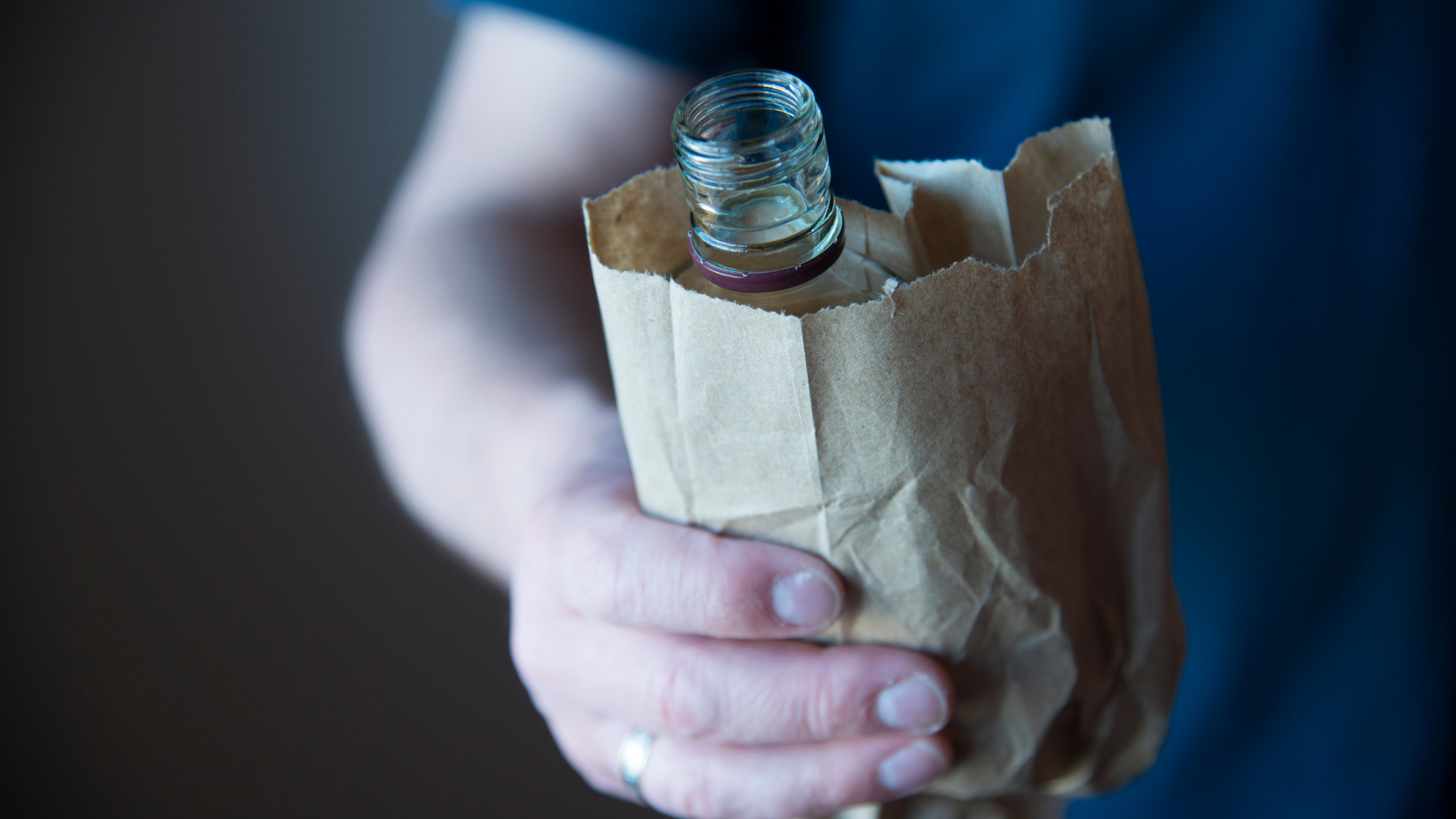
90 Days May be Better
Yale University has said, through one of their studies, that the brain’s prefrontal cortex needs about 90 days to regain analytical function as well as proper decision-making.
This is named the “sleeper effect”, and it explains that a longer-term addiction treatment program has a higher and better success rate than a shorter-term addiction treatment program.
Treatment Program Statistics
In the journal – Archives of General Psychiatry, there is a clear distinction between shorter and long-term stays, and as research suggests –
- 35% of people in treatment for less than 90 days will go back to using drugs again around a year after they have been in a treatment center for a rehab program.
- 17% of people in treatment for more than 90 days will relapse after going through a recovery program.
As you can see, staying in for longer, whether it is drug addiction or alcohol addiction, people have a better chance with their recovery journey than they do if they went in for a shorter time.
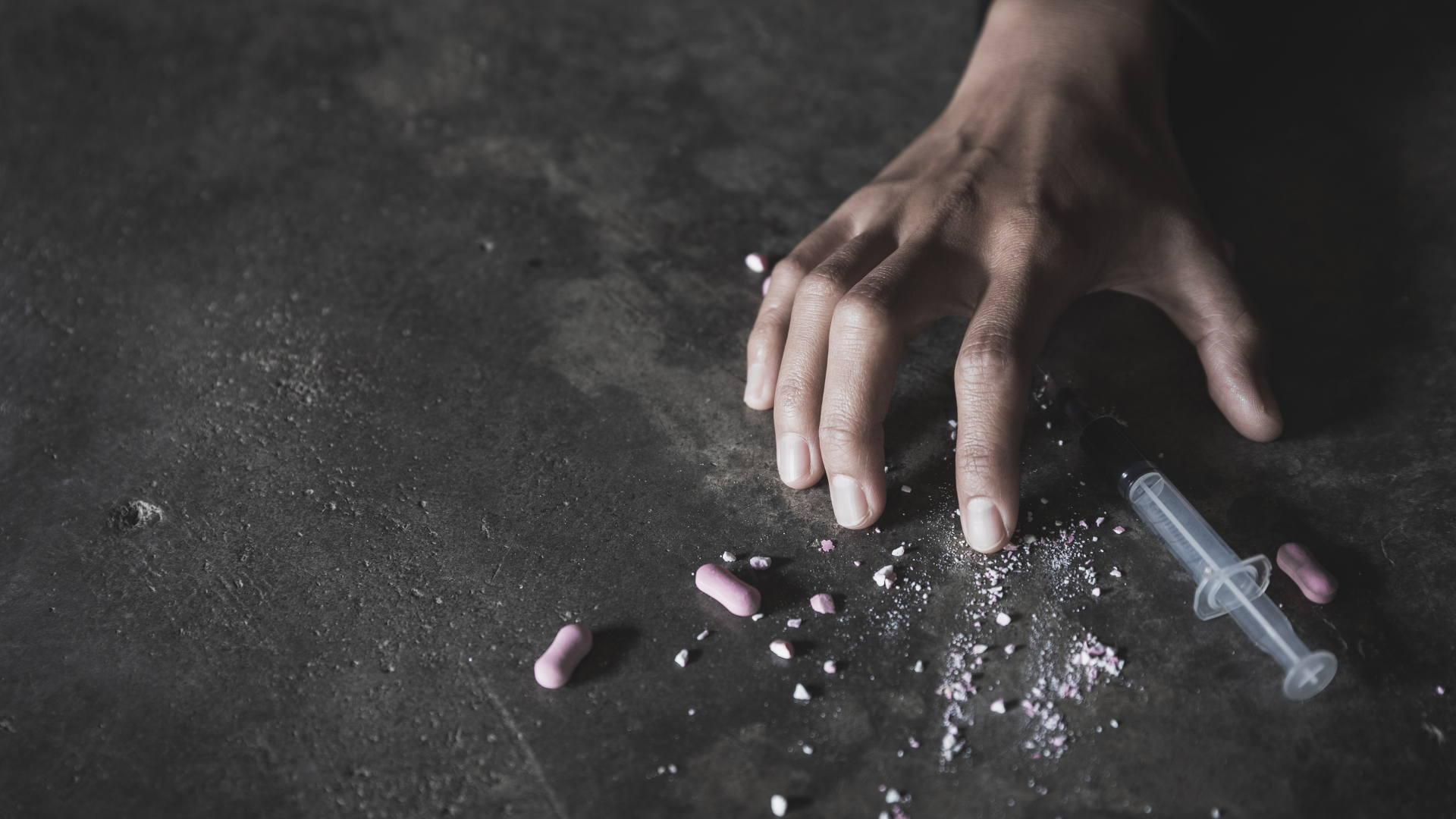
What Can 90-Day Programs do For People?
If you do go for the 3-month treatment, then you will be able to achieve a lot more than you thought you would.
You can have individual therapy that focuses on your addiction to show you how you can navigate through that, as well as go for family therapy if you need to help your family at this time because they suffer along with you as well.
Other benefits of a 90-day program are –
Breaking Bad Habits
Through these 90 days, you are helping your brain break the bad habit that is taking over your life.
You will be able to reframe your mindset, manage emotions, reduce stress, and resist the cravings you are feeling.
Focus on Your Recovery
Dedicating ample time to focus on your personal growth and transformation is essential for your journey to becoming the best version of yourself. Creating the necessary space in your life to immerse yourself in the recovery process is crucial.
For optimum results, active participation in the recovery programs offered by a reputable New Jersey addiction treatment center (or a similar facility in your vicinity) will help you stay committed and on the path to lasting recovery.
Maintain Sobriety
Having longer for your recovery will help you when you are released as you have learned so much about what you can do for yourself to maintain sobriety and stay away from the drugs or alcohol that have dragged you down before.
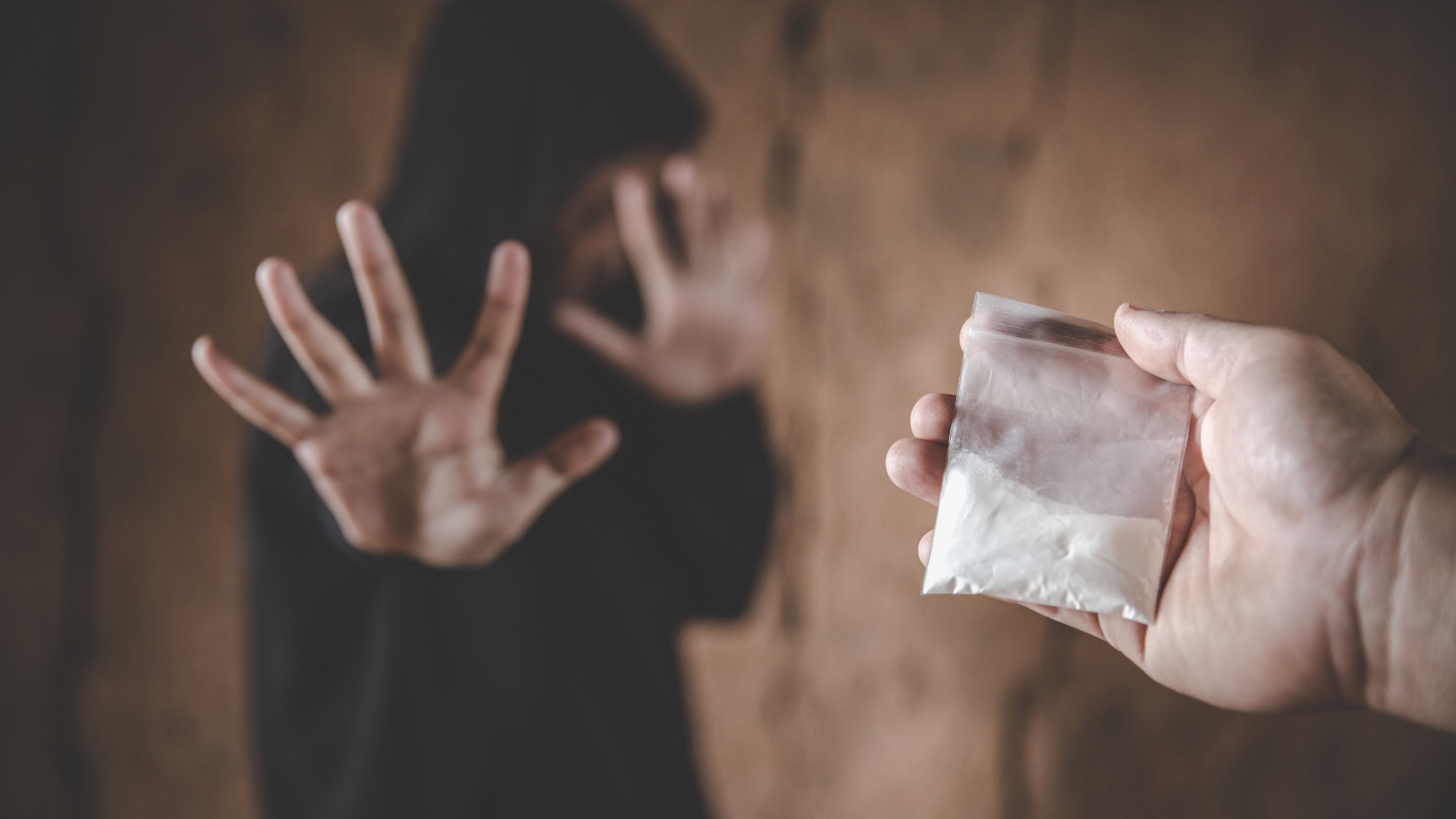
What Impacts Addiction Recovery?
There are many evidence-based treatments out there that will help you break an addiction, however, for them to work, you will need to think about some factors that play into your recovery time and your success.
Addiction Type and The Severity
Your recovery time will be impacted by what exactly you are addicted to and how bad it is.
Some substances can have severe withdrawal symptoms which can make it harder for people to break away.
For instance, opioids and alcohol are highly addictive, and getting off them will take time, but if the habit is more than average, it can be harder to stop people from taking them, so a stronger program may need to be had.
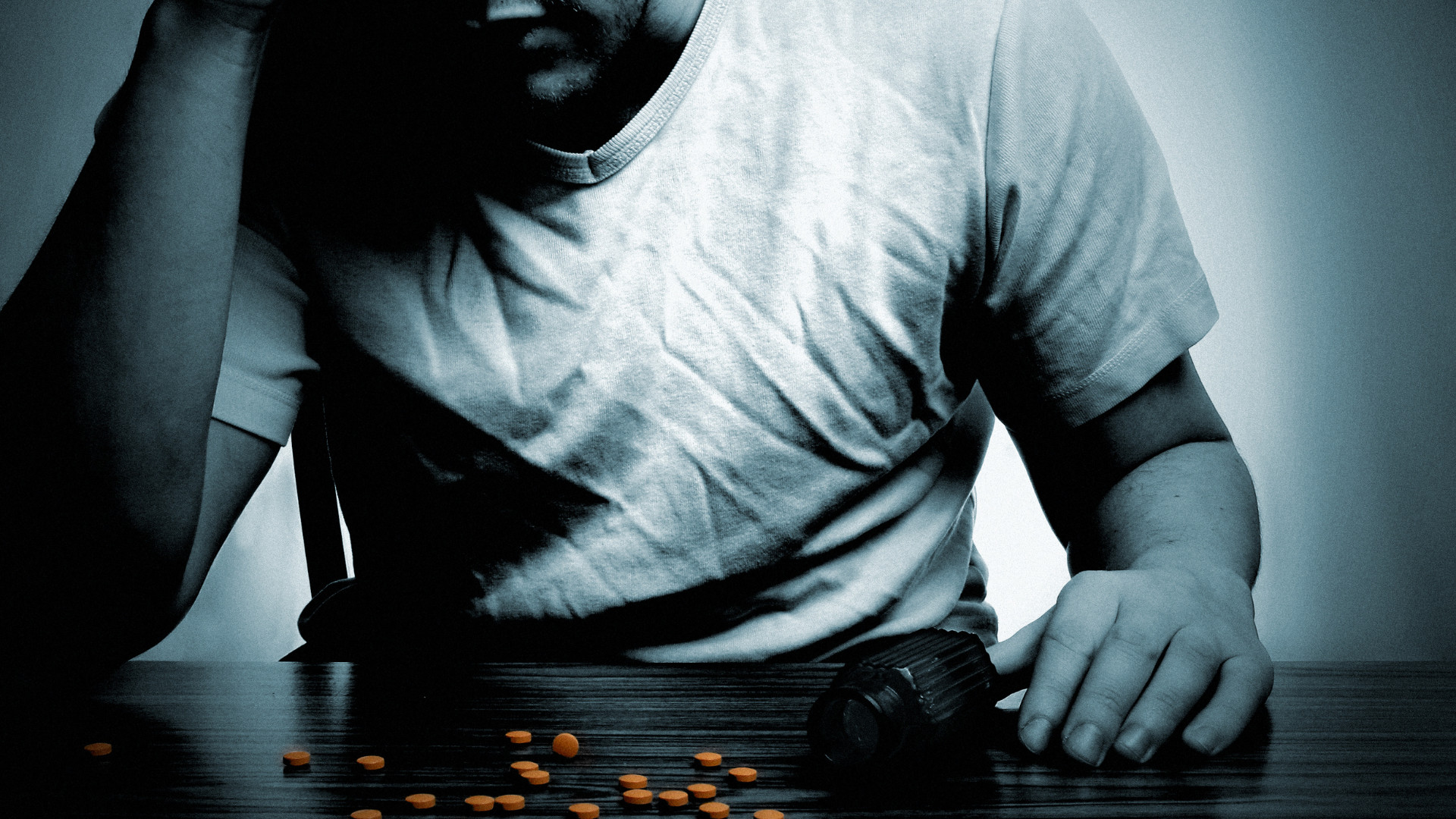
Mental Health Issues
People who are dealing with drug abuse or any substance abuse may already have mental health problems that impact their recovery.
If someone has depression, anxiety, bipolar disorder, ADHD, schizophrenia, or any other type of personality disorder, then they are more at risk of not stopping their harmful habits.
It can make the process quite challenging, and other programs will be needed to make sure that everything is factored into the recovery.

Personal Willingness
People are not able to recover if they do not put the effort into making sure they are on the right path.
If you do not show a willingness to get better and off the substance that you are taking, then your recovery will not work correctly.
You have to be sure that you are ready to do this and that you will fight your way through to kick the addiction that is ravaging your body.
You will achieve long-term recovery if you keep focused and make a point of pushing through the challenges you are facing.

Supportive People
Having the right support group around will make all the difference when it comes to recovery.
If you have to face it alone, then things can feel harder as you don’t have people spurring you on to keep moving forward.
Even if you do have a big family or friend group, if they are not supportive of your focus on getting clean, then this can also pull you back as they may be still showing off their bad habits in front of you which can make it a lot harder.
It is important that you surround yourself with the right people, and if you can’t, you need to distance yourself from the bad ones, and lean on the support of the treatment programs that are there to help you.

How Long Does it Take to Break an Addiction?
After reading through, you now know how long it takes for someone to break an addiction and what factors have to be considered when looking at recovery times.
Your recovery time will depend a lot on you and your willingness to keep going.
Always keep that in your mind when you are going through it. It will help keep you centered on your goals.
It will not be easy to achieve, and you will have a lot of setbacks when you are on your journey, however, if you keep at it and know that what you are doing is the right thing not only for you but for others as well, you can push through and create a new life for yourself.
